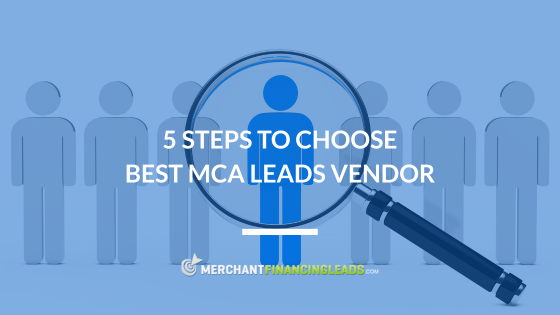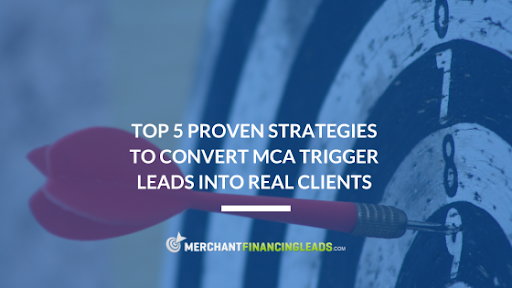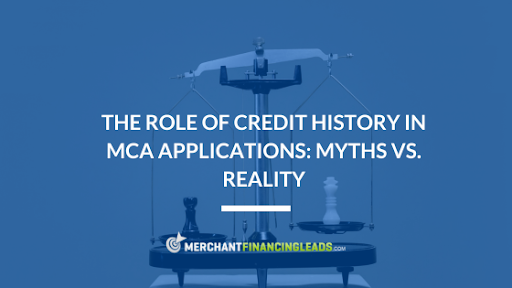Picture this: your trucks are loaded, clients are waiting, but your payments are still “in transit.” You’ve got deliveries to make, drivers to pay, and fuel bills stacking up.
Are you wondering what’s missing? Working capital. It is the financial fuel that keeps your logistics and transportation engine running smoothly.
In the fast-moving world of transportation, logistics, and warehousing, every delay, whether it’s in delivery or in cash flow, is significant. It costs money. That’s why access to reliable working capital isn’t just a luxury. It’s survival.
And this is where working capital leads and live transfers play a game-changing role.
What Exactly Is Working Capital & Why Does It Matter?
Let’s break it down.
Working capital = Current Assets – Current Liabilities.
In simpler terms, it’s the cash your business uses to manage daily operations, from paying drivers and leasing trucks to maintaining warehouses and buying fuel.
In logistics, where payments can lag for weeks, having positive working capital is like having a full tank before a long haul. It ensures you can keep operations running even when clients take their sweet time paying invoices.
But beyond keeping your business afloat, healthy working capital lets you expand fleets, add new routes, and secure bulk inventory deals. Giving you a competitive edge in an industry where timing is everything.
Common Working Capital Challenges in Logistics & Warehousing
If there’s one thing logistics businesses know too well, it’s how unpredictable cash flow can be. Here are the top culprits behind cash crunches:
- Delayed B2B payments: Big clients often pay on 60–90-day cycles.
- Rising operational costs: Fuel, driver wages, and maintenance are constantly climbing.
- Seasonal demand spikes: Holidays can strain your budget before payments come in.
- Equipment repairs: One unexpected breakdown can derail your liquidity.
When your receivables are stuck and expenses won’t wait, that’s when working capital live transfers become crucial. They connect funding providers with business owners seeking immediate financing.
That means no waiting, no cold outreach—just ready-to-fund, verified leads for lenders and instant access to capital for businesses that need it most.
How Working Capital Powers Growth in Logistics?
Here’s how working capital becomes the unsung hero behind every successful logistics operation:
- Faster deliveries: Funds to repair vehicles or invest in fleet upgrades mean fewer delays.
- Happier teams: Regular payroll keeps morale high and turnover low.
- Smarter scaling: Capital cushions let you take on more clients confidently.
- Higher efficiency: No last-minute scrambling for funds means smoother coordination.
A well-funded logistics business isn’t just stable. It’s strategically unstoppable. Explore how Merchant Financing Leads connects lenders with verified working capital leads that match your target market.
Working Capital Leads & Live Transfers: The Bridge Between Funding and Opportunity
Let’s make it clear, not all leads are created equal.
- Working Capital Leads are businesses that have already shown intent. They’re looking for funding now, not “someday.”
- Working Capital Live Transfers take it a step further. Connecting lenders with pre-qualified business owners in real time, through live calls.
For lenders, it’s an ROI booster. For business owners, it’s a lifeline. These leads and transfers eliminate wasted hours chasing cold prospects. You connect directly with decision-makers ready to discuss capital solutions.
Meaning faster conversions and genuine business relationships. Learn more about working capital live transfers that drive higher conversion rates for lenders.
Smart Ways Logistics Businesses Can Manage Working Capital
If you’re in logistics or warehousing, you don’t just need capital. You need control. Here are some innovative ways to strengthen your working capital position:
- Shorten your receivables cycle: Offer discounts for early payments or use invoice factoring.
- Negotiate supplier terms: Stretch your payables without damaging relationships.
- Leverage financing strategically: Short-term funding can stabilize operations during peak demand.
- Monitor cash flow weekly: In logistics, small cash flow leaks can turn into floods if ignored.
When your finances are tight but opportunities are significant, getting matched with a trusted funding partner through qualified working capital leads can make all the difference.
Why Working Capital Matters Now More Than Ever?
The logistics industry is evolving. With tighter delivery windows, higher fuel prices, and growing competition, cash flexibility determines who scales and who stalls.
A sudden delay in client payment shouldn’t stop your trucks from rolling or your warehouse from operating. Working capital ensures your business doesn’t just survive disruptions. It seizes opportunities in them.
Whether you’re a lender seeking business loan leads or a logistics business owner needing capital support, the future belongs to those who act quickly and manage smarter.
Conclusion,
In logistics, delays are costly, and the most significant is waiting for funding.
Working capital keeps your operations, cash flow, and confidence moving forward.
For lenders, sourcing qualified working capital leads or live transfers from trusted partners like Merchant Financing Leads means more meaningful connections, less wasted time, and higher conversions.
Because in the logistics game, timing is everything, and when it comes to working capital, the proper connection at the right moment can change everything.









